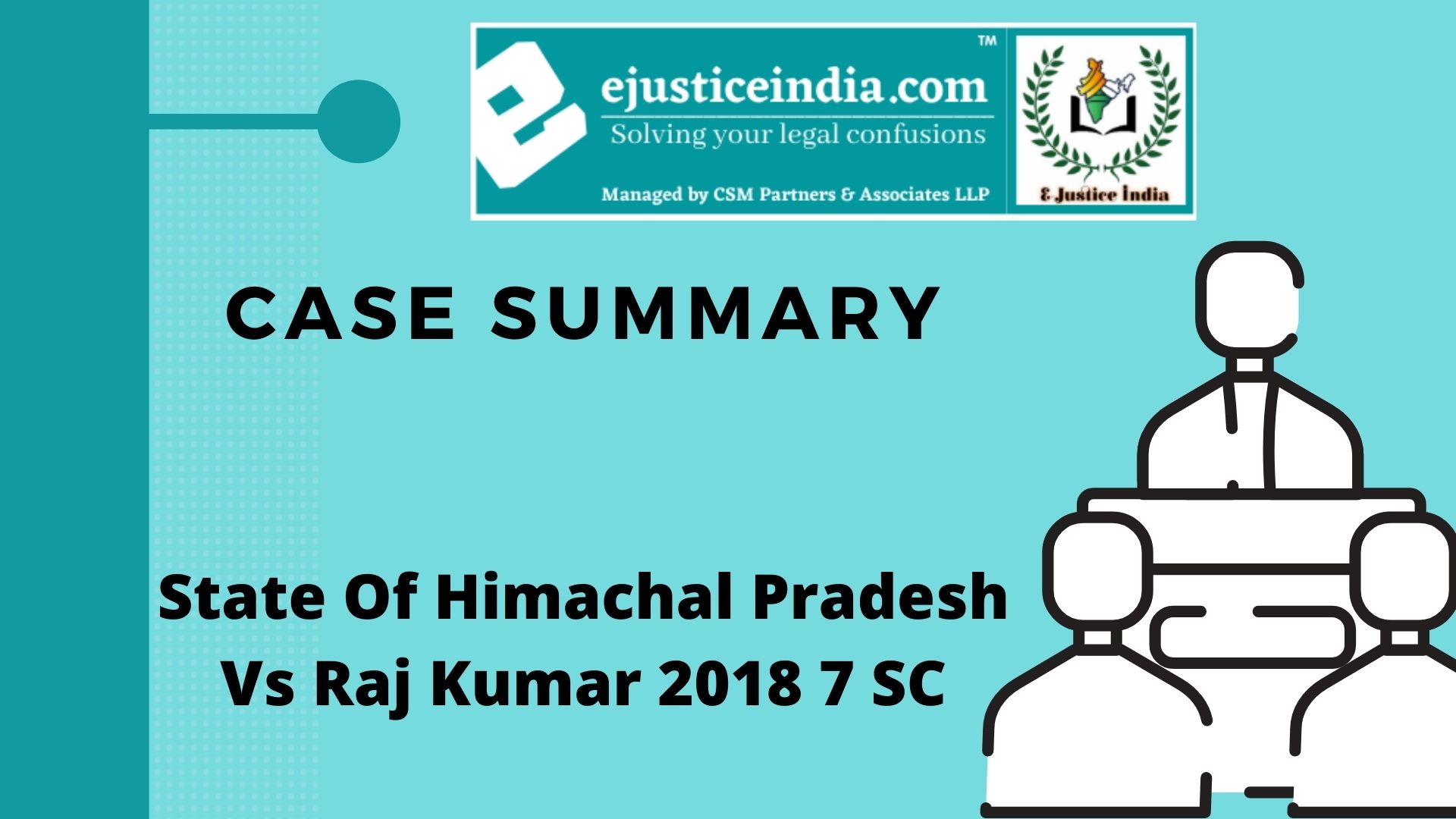Common cause vs Union of India
Common cause vs Union of India
Author : Ishita Arora
Citation: (2018) 5 SCC
Bench: Chief Justice of India Dipak Misra, Justice A. Bhushan, Justice A.M. Khanwilkar, Justice D.Y. Chandrachud and Justice A.SIkri.
Introduction
The present case Common cause vs Union of India is a landmark case in which the Supreme Court recognized and gave sanction to passive euthanasia and living will. Right to die with dignity is a fundamental right. Only passive euthanasia is allowed and not active euthanasia.
Euthanasia is of two types – active and passive. Active euthanasia refers to the use of some poisonous material or force to terminate the life of a person such as giving a lethal injection to a patient of terminal cancer who is suffering a lot of pain and mental agony. Passive euthanasia refers to withholding medical treatment of patient which is required for continuance of life such as removing the heart lung machine from a person who is in coma.
Living will refers to a written document which contains the instructions given by patient in advance related to his/her medical treatment. This document will be considered when he is terminally ill or no longer able to express informed consent. It includes the permission of the patient to allow his/her family to terminate the life support when the medical board declares that they were beyond medical help.
Facts of the case
In this case, a writ petition was filed under Article 32 of the Constitution of India by Common Cause, which is a registered society for common welfare of the people to legalise passive euthanasia and living will. Before filing this PIL, Common Cause wrote various letters to ministry of law and justice, ministry of health and family welfare on passive euthanasia.
When petitioner got no response from the government, and filed the present PIL. The main contention of the petitioner is that the Constitution of India guarantees right to live with dignity till death to every person and this right should be extended to the right to die dignity. Moreover, sometimes a situation arises whereby a person who is completely dependent on medical support for a long time causes distress and agony to the patient as well as his family. The petitioner also demanded legalizing of living wills a patient can write about his/her medical treatment and authorize the family to withhold such medical treatment.
Issues and fact of law
- Whether the constitution of India which guarantees right to live with dignity includes right to die?
- Whether passive euthanasia should be allowed on the basis of living will?
- Whether individuals should be allowed to give Advance Directives/ living will?
Judgement
The Supreme Court held that a person has right to die with dignity and it is included under the right to life and personal liberty under Article 21 of the Constitution. Hence, now it is allowed to withhold the life support system or medical treatment of the patient who has no hope of recovery. The Court also recognized the need for creating a living will and thus it laid down certain guidelines regarding the procedure for execution of Advance Directives/living will and guidelines related to passive euthanasia also. The court also said that there is a need for proper legislation on passive euthanasia and related aspects. The directive and guidelines laid down by the court shall remain in force till the Parliament brings legislation in the field.


